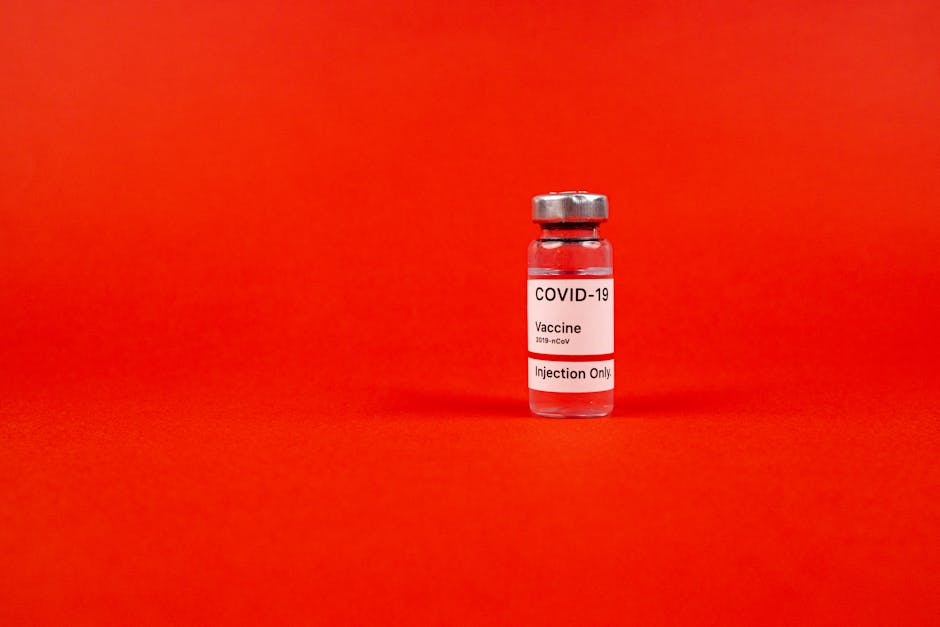Overview of the CDC Leadership Crisis
The Centers for Disease Control and Prevention (CDC) is facing a significant leadership crisis following the abrupt firing of its director, Susan Monarez, and the subsequent resignation of several high-ranking officials. This development has sparked controversy and concern over the agency's future direction, particularly regarding vaccine policies.
Background on CDC Director Susan Monarez's Tenure
Susan Monarez was confirmed as the CDC director in July. Her tenure was short-lived, as she was fired on August 27. Monarez's attorneys have stated that she was not notified of her termination by the White House and claims she did not resign. The exact reasons for her dismissal are tied to disagreements over vaccine policies imposed by Robert F. Kennedy Jr., the Secretary of Health and Human Services.
Disputes Over Vaccine Policies
At the center of the controversy are changes to vaccine policies advanced by Kennedy that Monarez and other CDC officials believed contradicted scientific evidence. These changes have been met with resistance from within the agency, leading to a significant backlash.
Details of the Conflict
- Vaccine Policy Changes: Kennedy's office had been pushing for alterations to the CDC's vaccine policies, which some officials saw as not grounded in scientific research.
- Scientific Integrity: The departing officials, including Monarez, expressed concerns that these changes threatened public health and the integrity of scientific research at the CDC.
Resignations Following Monarez's Firing
The firing of Monarez was quickly followed by the resignations of several senior CDC officials, including:
- Debra Houry
- Demetre Daskalakis
- Daniel Jernigan
These officials cited concerns over the erosion of trust in vaccines and the scientific process at the CDC.
Reaction from CDC Staff and Public
- CDC Staff Support: Hundreds of CDC staff members gathered outside the agency's headquarters in Atlanta to show support for the departing officials, highlighting the internal dissent and concern over the leadership changes.
- Public and Political Reaction: The controversy has spilled into the public and political arenas, with Senate Democratic Leader Chuck Schumer calling for Kennedy's firing, citing the chaos caused at the CDC.
Interim Leadership and Future Directions
Robert F. Kennedy Jr. has appointed his deputy, Jim O'Neill, as the interim director of the CDC. Kennedy has stated his intention to "rebuild this institution into what it was always meant to be: a guardian of America's health and security."
Expert Insights
Implications for Public Health
The leadership upheaval at the CDC has significant implications for public health policy, particularly in the areas of vaccine research and policy implementation. The situation remains fluid, with many questions about the future direction of the agency and its role in addressing public health challenges.
Conclusion
The sudden firing of CDC Director Susan Monarez and the subsequent resignations of senior officials have plunged the agency into a leadership crisis. The disputes over vaccine policies and scientific integrity have raised concerns about the impact on public health. As the situation continues to unfold, the focus remains on the CDC's ability to navigate these challenges and maintain its critical role in protecting public health.
Additional Context
The controversy at the CDC is part of a broader discussion on vaccine policies and the role of science in public health decision-making. The agency's actions and policies have far-reaching implications for health outcomes in the United States and globally.
Future Developments
The CDC's future actions and policies will be closely watched by public health experts, policymakers, and the general public. The agency's ability to address the current challenges and maintain its scientific integrity will be crucial in determining its effectiveness in protecting public health.
